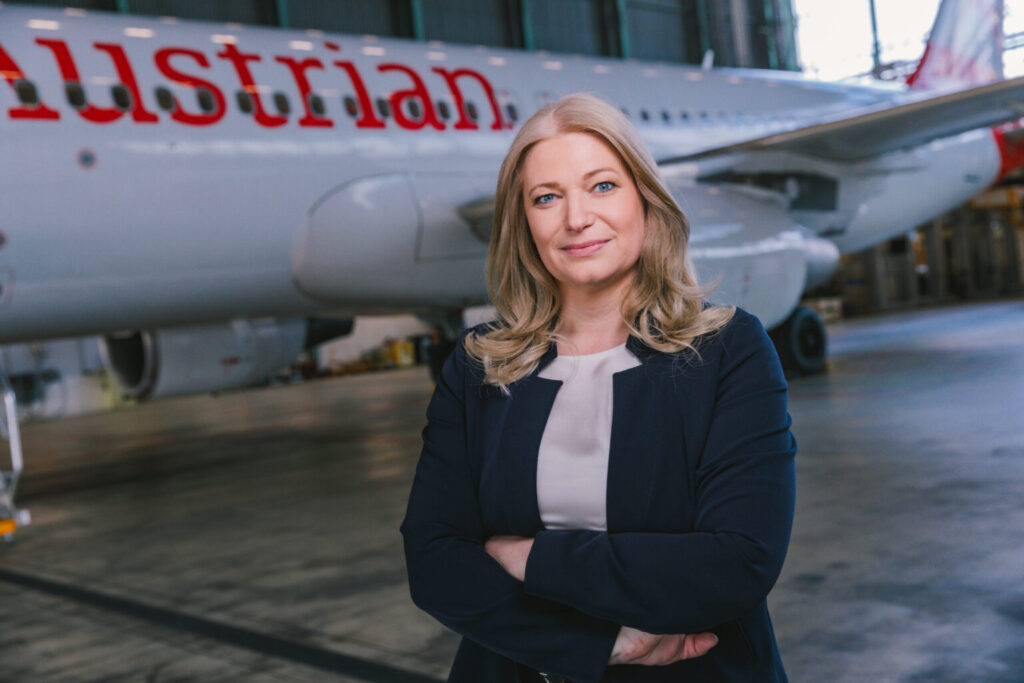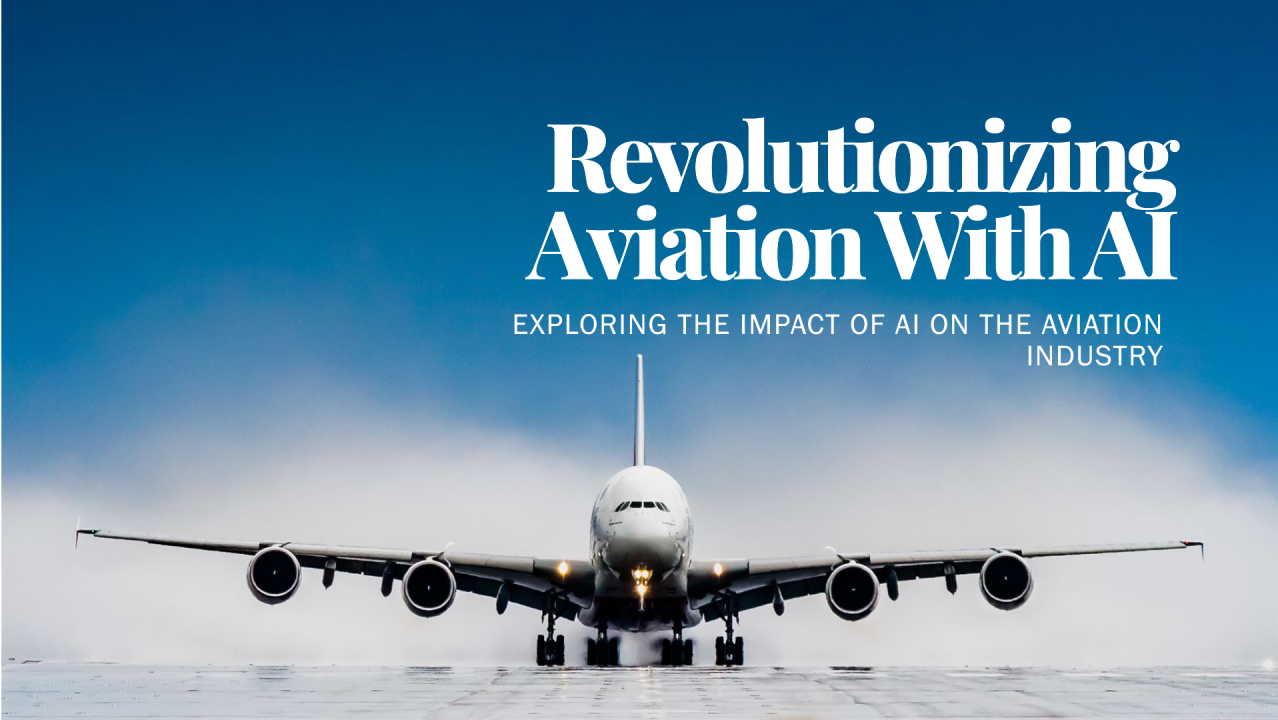What Airline CEOs really think about AI

Airline CEOs are a fairly measured bunch, so when you hear a chief executive predicting that “this will change everything,” it’s a good idea to pay attention.
Skift Take
Airlines comes in all shapes and sizes, and so do the real world applications for artificial intelligence. We sat down with five aviation leaders to find out how they think the new technology will impact their business.
Gordon Smith
The topic causing a stir among aviation leaders is artificial intelligence. From low-cost airlines to five-star flag carriers, companies across the industry are making tentative steps toward an AI future.
To sort the high value from the hyperbole, Skift spoke with five CEOs to find out what the new technology is doing, and could soon be doing, for their businesses.
Airlines Get Smart on Waste
A win-win area for airlines in these relatively early AI days is waste reduction. Taking fewer items onboard might seem insignificant, but when multiplied across thousands of flights it can add up in a big way. It saves money and also benefits wider sustainability campaigns.
It’s a perspective shared by Marjan Rintel, CEO of KLM who told Skift: “We already have a team working on AI and they’re using it to reduce waste and weight on board for catering. What’s particularly exciting is that we’re now entering phase two of the project. We are learning exactly how much we need to bring on board and using AI to find out which meals are the favorites. This allows us to adjust our ordering which is already reducing a lot of waste.”
If KLM’s crackdown on surplus spaghetti doesn’t get you excited, speak to Güliz Öztürk. She’s the CEO of Turkish low-cost carrier Pegasus, and says the real-world applications of artificial intelligence are only just being realized: “Generative AI will change everything within five to six years. It will not take another decade, I’m sure of that. I think we will remember today and say, how come we couldn’t think of this?”
Öztürk acknowledged that there could be some existing jobs lost to AI, but the technology should also offer new opportunities for net growth. “I’m not thinking about the bad side of it. Maybe we can see some negatives, there may be some roles to be transferred, but other roles will be created.”
Customer Service Improvements
The Pegasus chief argues that in many respects, the future is already here with AI initiatives gradually being rolled out across the business. “We’ve started a program called FlyGPT in which we’re identifying the use cases for generative AI. For example, I can foresee customer experience changing. Passengers will be able to reach the information they need very easily – maybe the call centers will have AI speaking with them.”
Öztürk identified maintenance, flight operations, and weather forecasting as further areas where next-generation AI products could add real value. Looking even further ahead, the CEO even suggested that AI could prove helpful during the flight itself.
“There are very exciting things as we move forward. I’m looking at AI from a positive perspective, one that will bring more productivity.”
‘It’s Not Only Chatbots’
This push to do things more smartly is echoed by Annette Mann, CEO of Austrian Airlines.
Speaking to Skift, she reeled off several large departments within the carrier where AI is already being harnessed: “We’re working on predictive maintenance, our operations center, plus we’re looking into customer service too – but it’s not only chatbots. It’s about supporting our staff with the decision-making and the right information they need to improve efficiency.









Responses